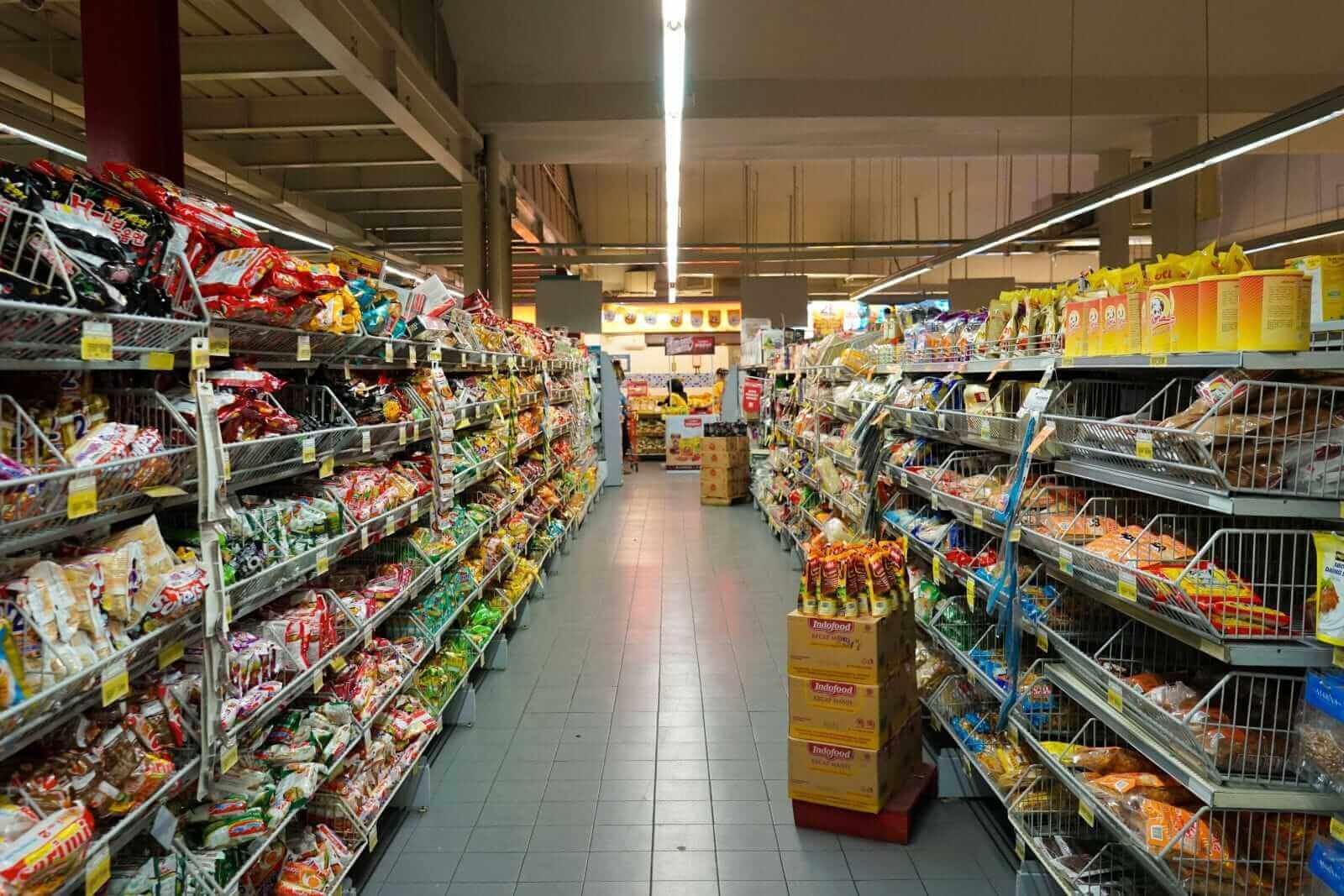
Usually, we don’t use the words “underperformance” and “mistakes” in the same sentence as the legendary Warren Buffett. The Berkshire Hathaway (BRK.B) chairman has built an impeccable reputation for himself, and is regarded as one of the best investors of all time.
While Berkshire’s performance versus the S&P 500 Index ($SPX) has underwhelmed over the last few years, the “Oracle of Omaha” continues to have a large fan following. One of Buffett's hallmarks has been humility, and he has admitted to making many mistakes. One of them is related to Kraft Heinz (KHC), whose stock has been a perennial S&P 500 underperformer. Here’s why Buffett termed the investment a mistake, and a list of some other mistakes that the nonagenarian has admitted to.

What Investing Mistakes Has Warren Buffett Made?
Buffett has made mistakes of both omission and commission. He, for instance, regrets not buying Amazon (AMZN) and Alphabet (GOOG) early. While Berkshire has a small investment in Amazon, it fully missed out on the Google parent. Buffett previously admitted that he erred in selling Apple (AAPL) shares, too. However, Berkshire sold billions of dollars worth of Apple shares in Q1, which Buffett alluded was due to tax considerations.
The investing great has acknowledged that he was wrong about IBM (IBM) and airlines. The latter deserves a special mention here, as Buffett went against his views about the industry to build massive stakes in four of the largest U.S. airlines, only to sell shares unceremoniously in 2020 at a massive loss.
Buffett also said that he made a mistake in valuing Precision Castparts, which the conglomerate acquired in 2016.
Buffett’s Mistakes Can Be Costly
Given the mammoth size of Berkshire Hathaway – its market cap is around $870 billion, while the portfolio of publicly traded companies is near $370 billion – Buffett’s mistakes are bound to be costly. For instance, Berkshire marked down Precision Castparts' valuation by almost $10 billion.
The errors of omission are tougher to quantify. For example, Alphabet is now a $2 trillion behemoth, and has created significant wealth for investors.
What Does Warren Buffett Think of Kraft Heinz?
In an interview with CNBC in 2019, Buffett said, “I was wrong in a couple of ways about Kraft Heinz.”
The investing legend acknowledged that he overpaid for Kraft during the merger with Heinz. Notably, 2019 was a particularly troublesome year for the multinational food giant, as it marked down its brands by $15 billion, disclosed an SEC investigation into its accounting policies, and also slashed its dividend.
While 3G Capital, which was Berkshire’s partner in acquiring Heinz in 2013, has since exited KHC, the Warren Buffett-led company continues to hold its 26% stake.
KHC Stock Has Underperformed
When Kraft-Heinz started to trade in 2015 as a merged entity, it opened at $71 – over twice the current price level, but less than a third of its all-time highs in 2017. The stock has been a perennial underperformer, and lost 9% in 2023 while broader markets delivered double-digit returns.
The stock has lost 21% of its value over the last 3 years, and is among the worst-performing S&P 500 names over this period. KHC has lost 6.3% YTD in 2024, as well, and looks on track for another year of massive underperformance.
Kraft Heinz Stock Forecast
Of the 17 analysts covering Kraft Heinz stock, 8 rate it as a “Strong Buy” and 9 as a “Hold.” Its mean target price is $39, which is 12.6% higher than yesterday’s closing prices. The stock trades slightly below its Street-low target price of $35.

Should You Buy KHC Stock?
Kraft Heinz has been losing market share in the U.S. The company’s volumes fell in both 2022 and 2023, and the decline has continued into the first quarter of this year.
In the current macro environment, many customers have been trading down to lower-priced brands and private labels, as high inflation has taken a toll on monthly family budgets. This leaves brands like Kraft-Heinz in a dilemma, as raising prices to offset inflation only puts further pressure on volumes. Similarly, not raising prices could support volumes, but would come at the cost of margins.
Another concerning aspect for investors would be Kraft Heinz's balance sheet, which looks stretched with a nearly $20 billion debt load. While the debt pile has fallen by more than $10 billion since the end of 2018, it is still quite high.
The stock has a dividend yield of 4.6%, which is over three times the S&P 500’s dividend yield. It trades at a next 12 months (NTM) price-to-earnings multiple of 11.3x, which is much lower than companies like Coca-Cola (KO), which happens to be another underperforming Warren Buffett stock. KHC’s low valuations are due to its massive debt burden, low moat compared to some of the other consumer staple companies, and falling volumes.
While Kraft Heinz doesn’t look like a terrible investment given the reasonable valuations, I don't believe that the stock can outperform the markets over a medium-term horizon given the various headwinds. While the stock might make sense for investors hunting for high-dividend stocks, others can scout for more compelling alternatives and give this underperforming Warren Buffett stock a miss.
On the date of publication, Mohit Oberoi had a position in: BRK.B , AAPL , AMZN , GOOG . All information and data in this article is solely for informational purposes. For more information please view the Barchart Disclosure Policy here.






